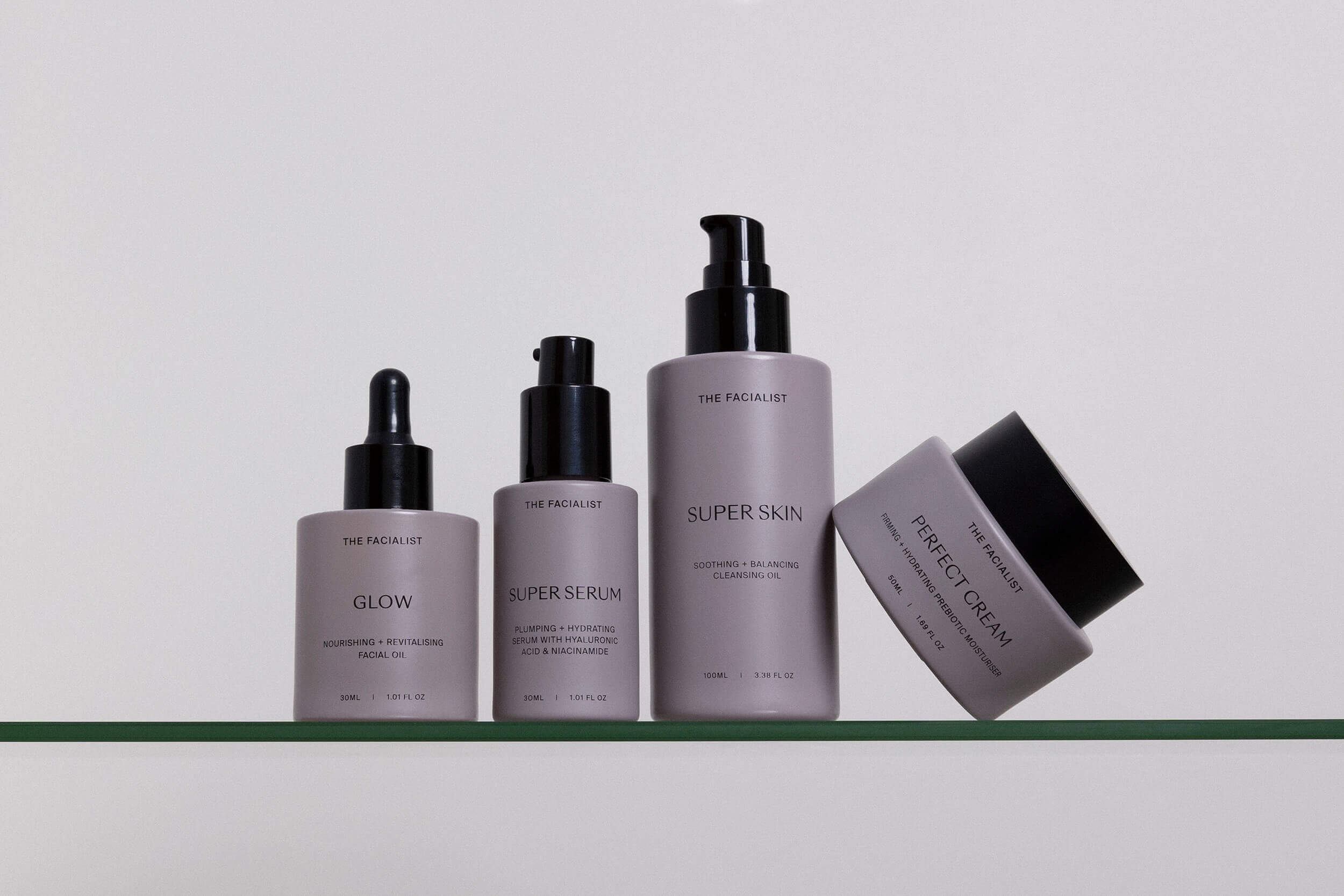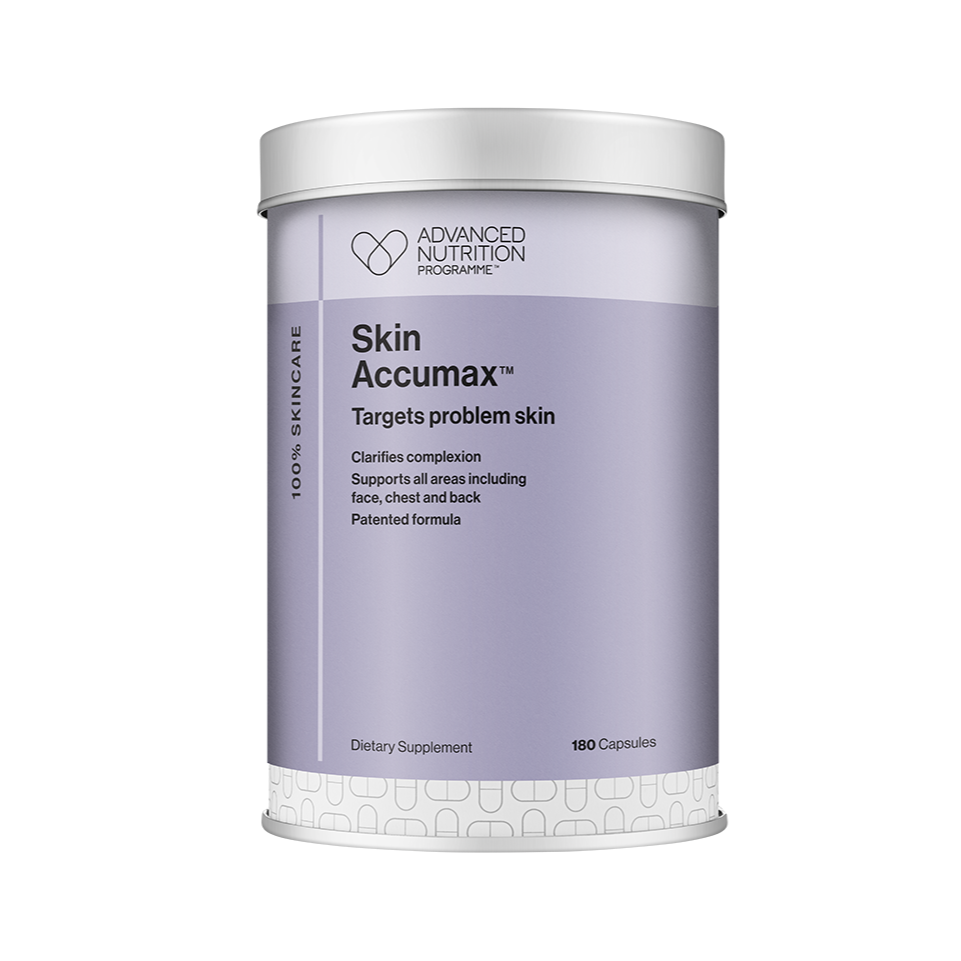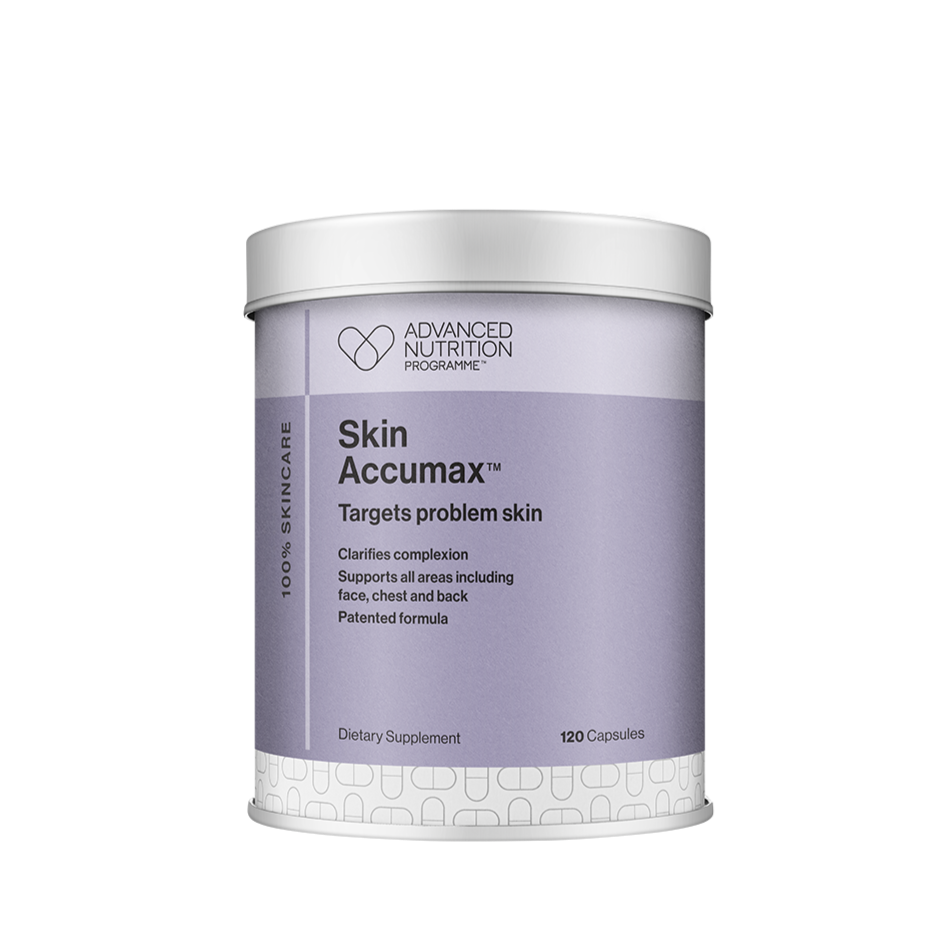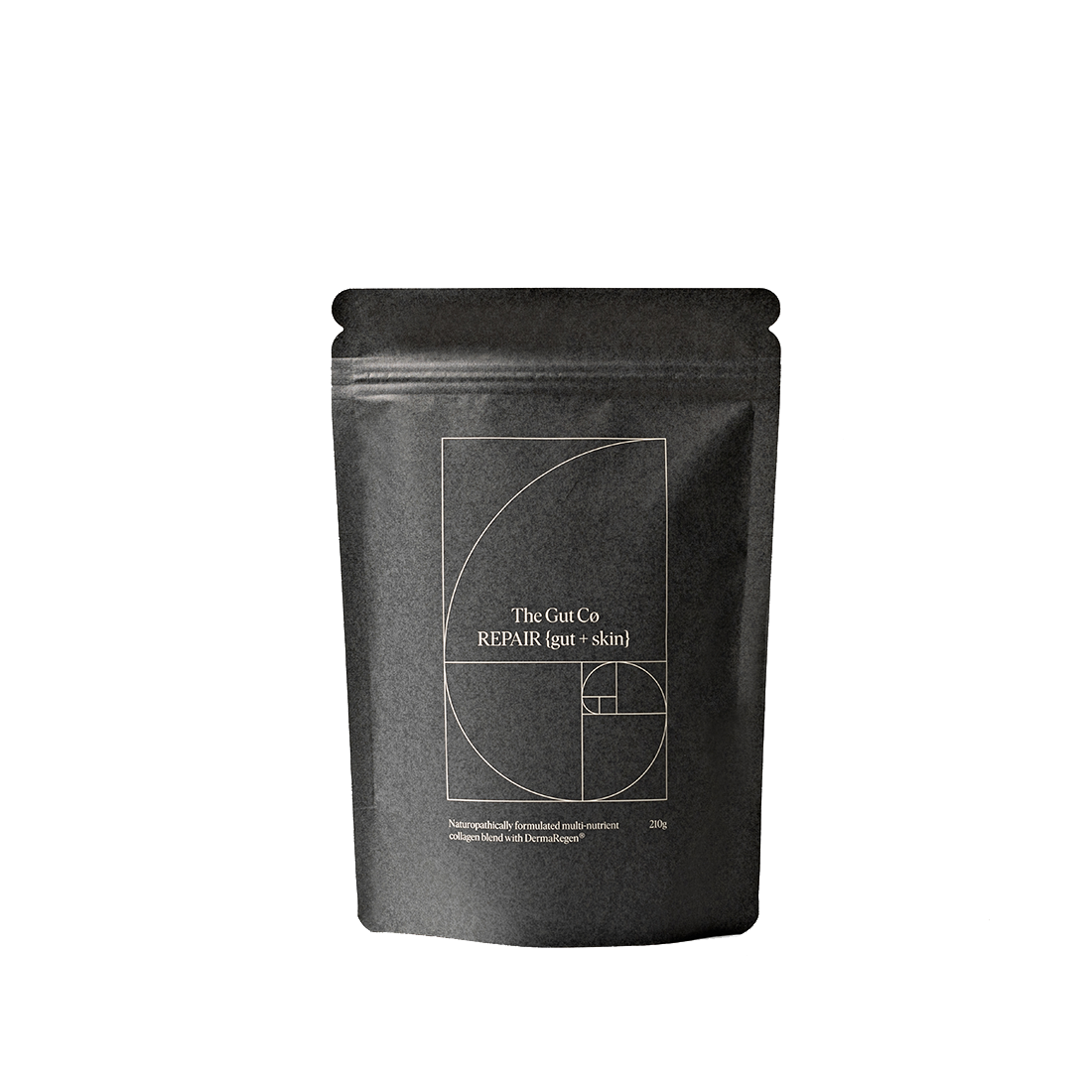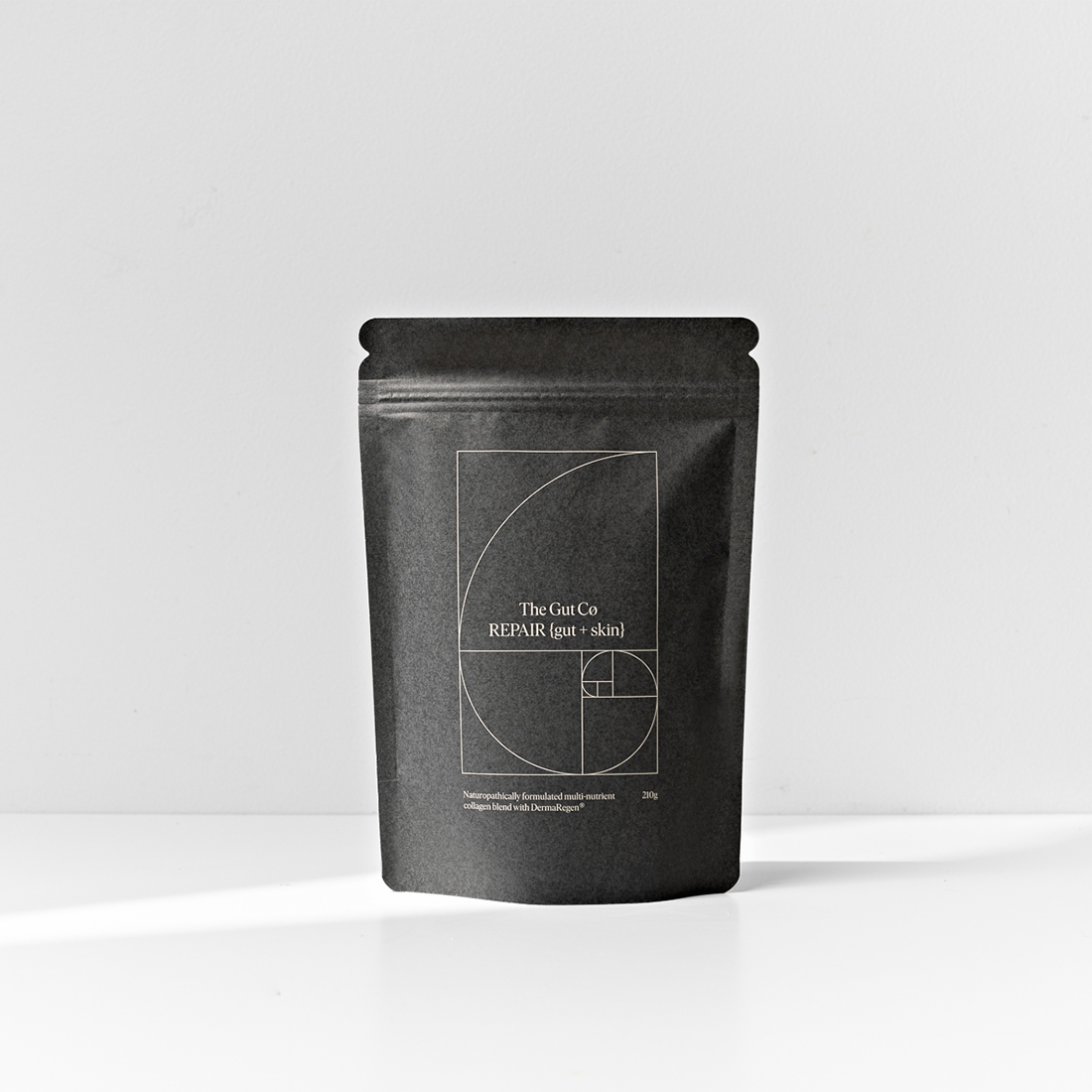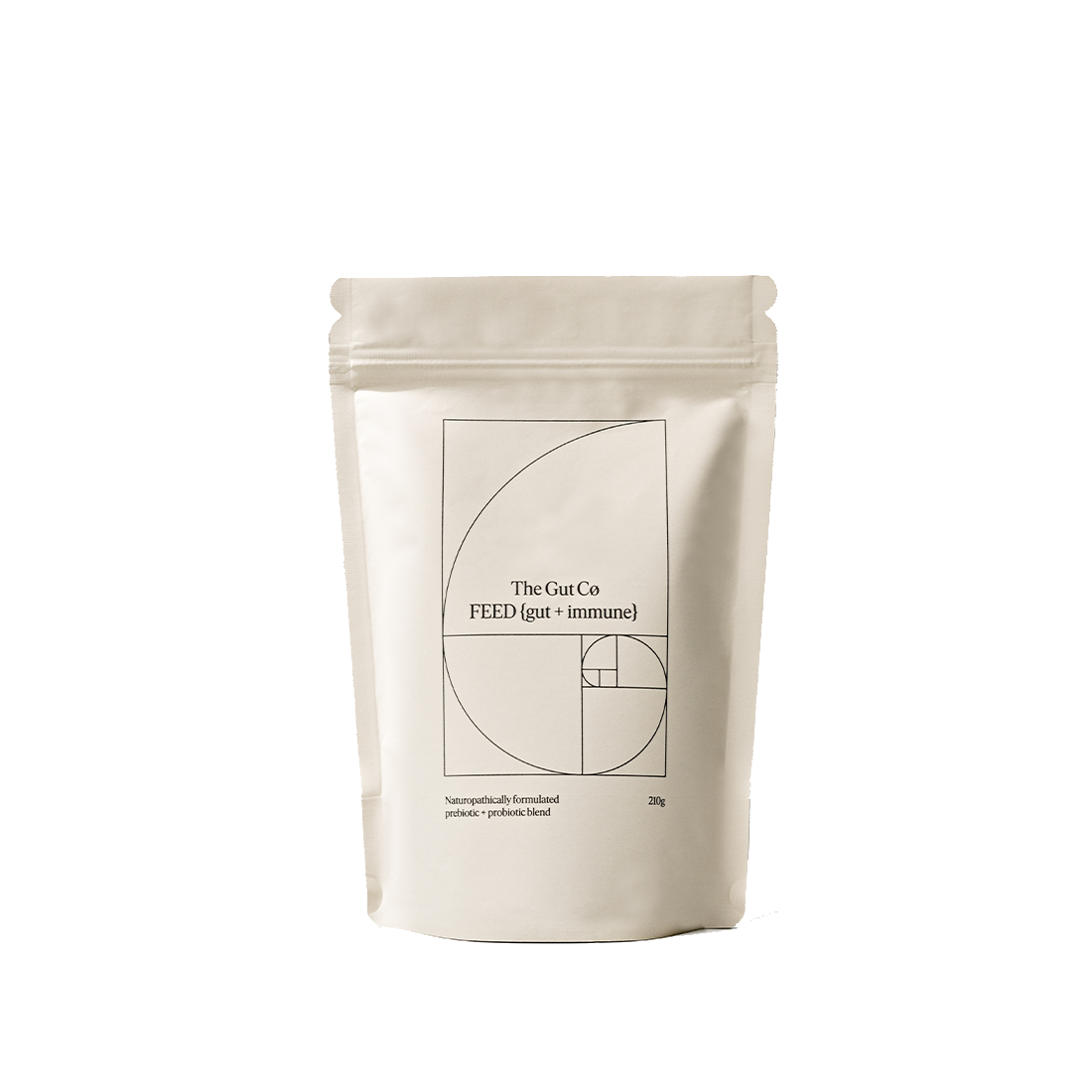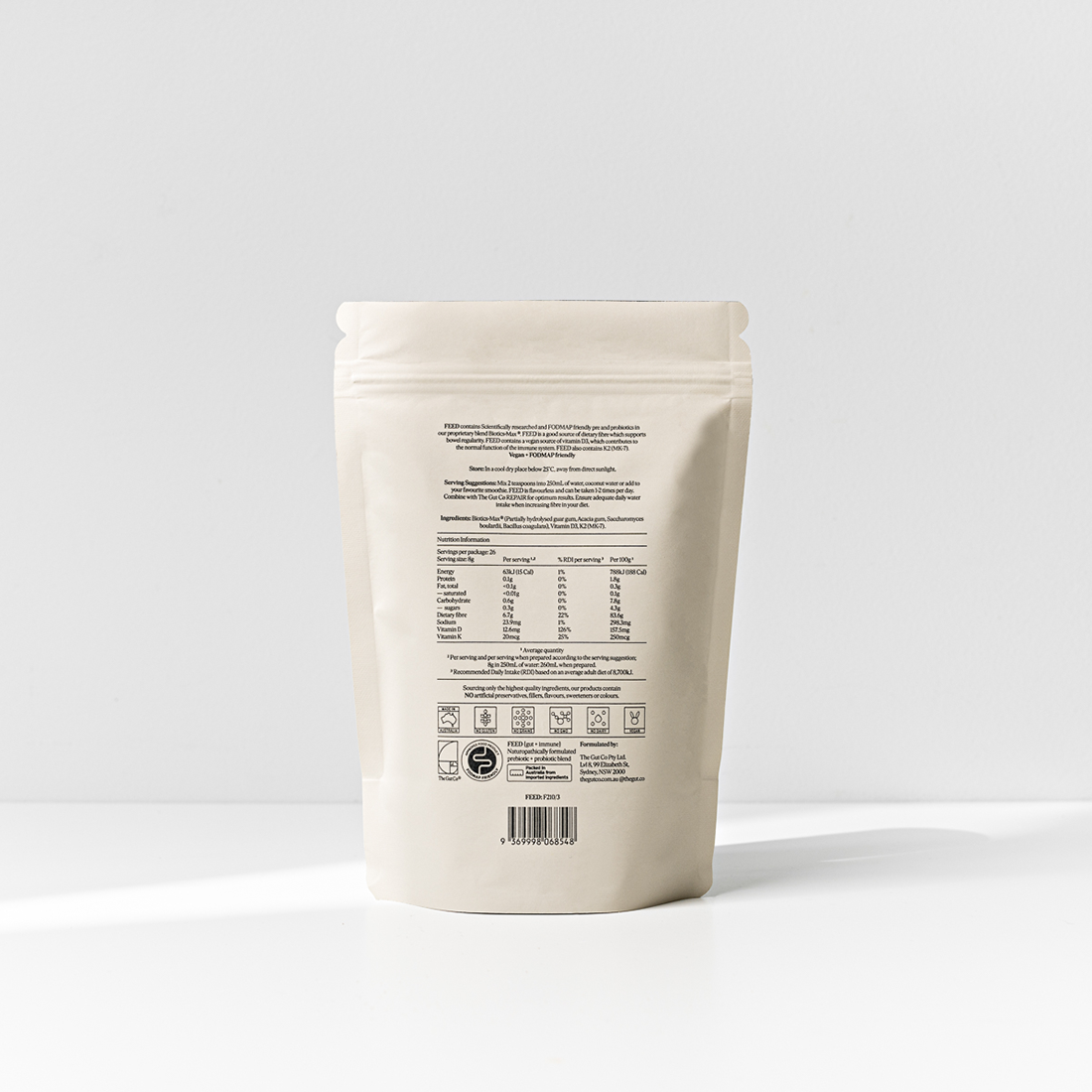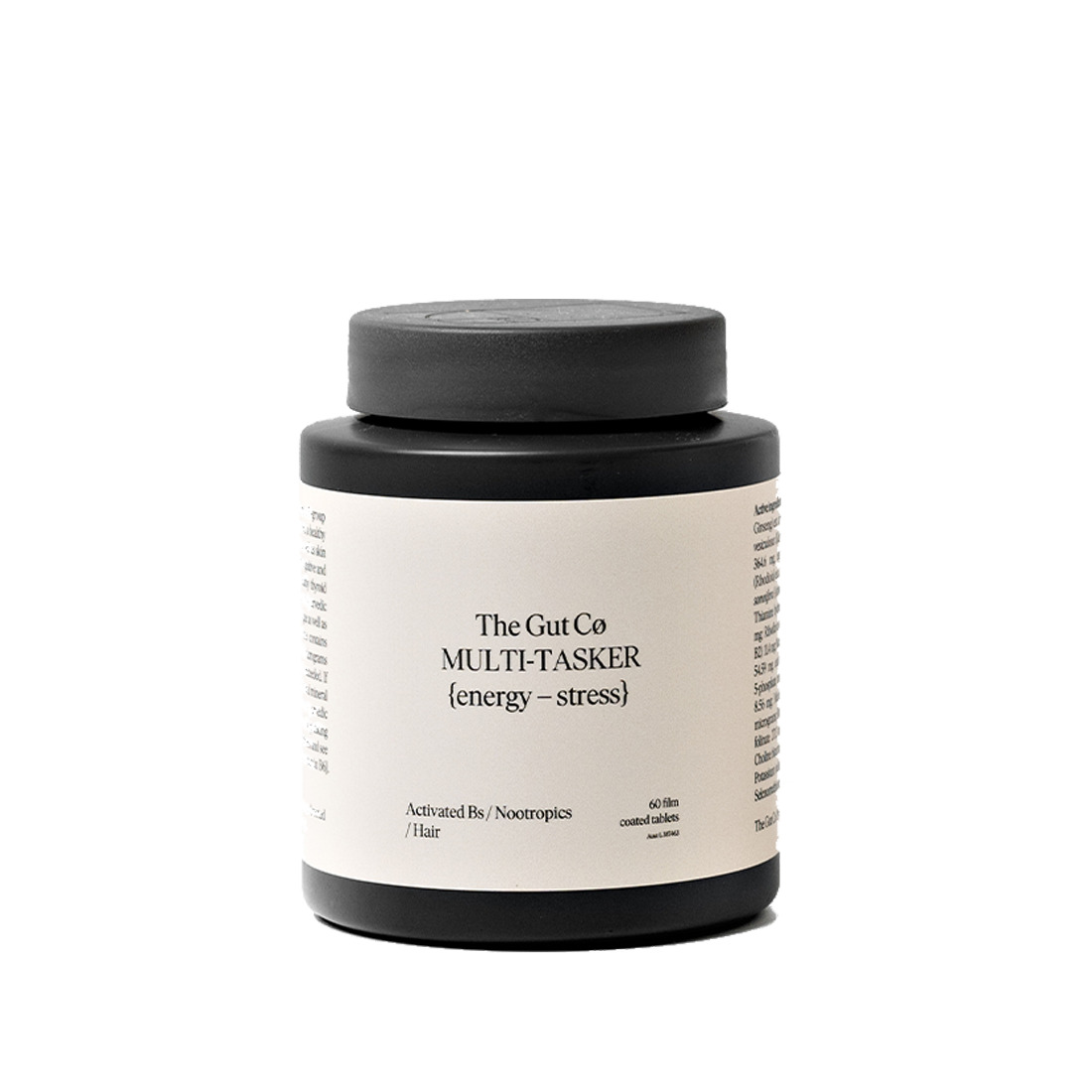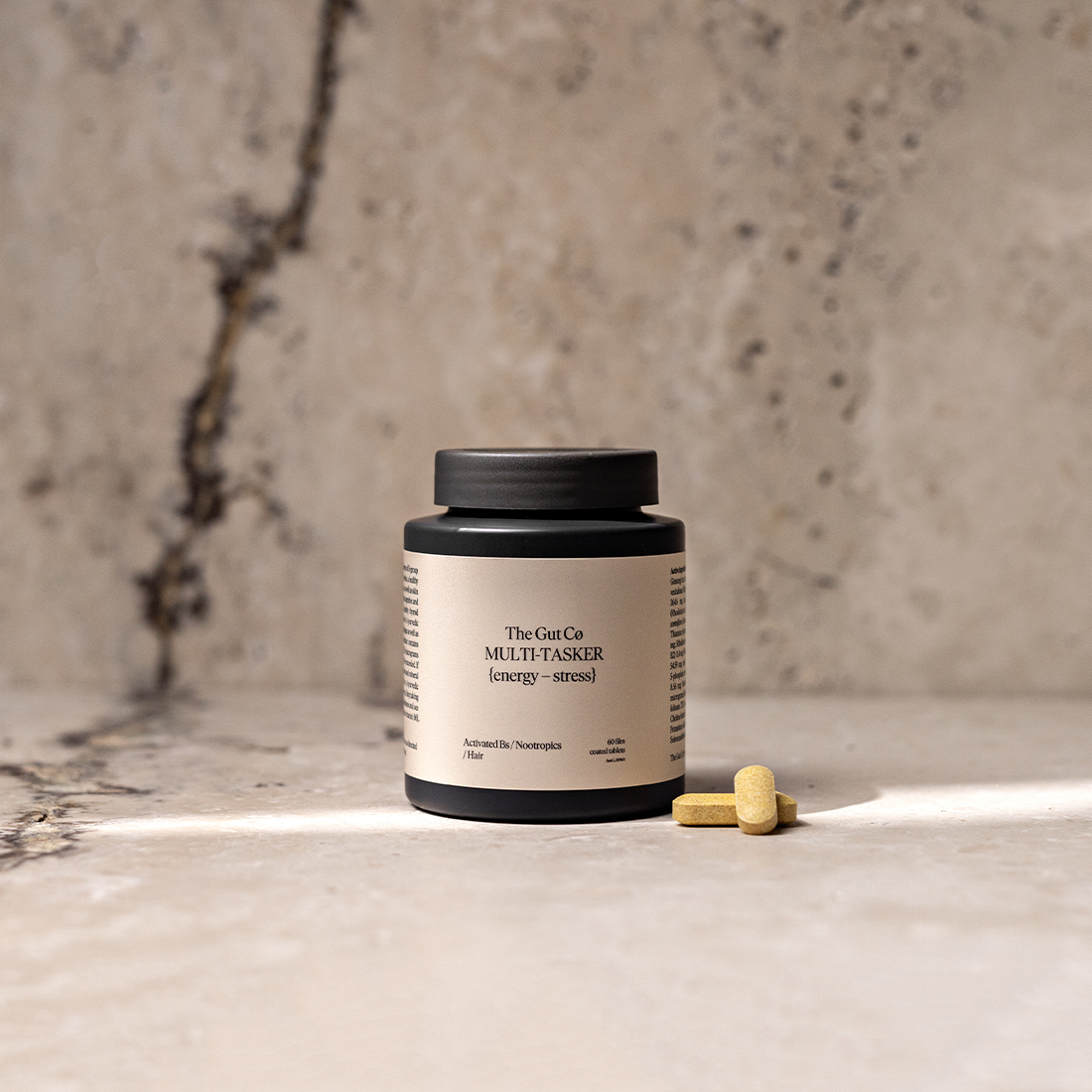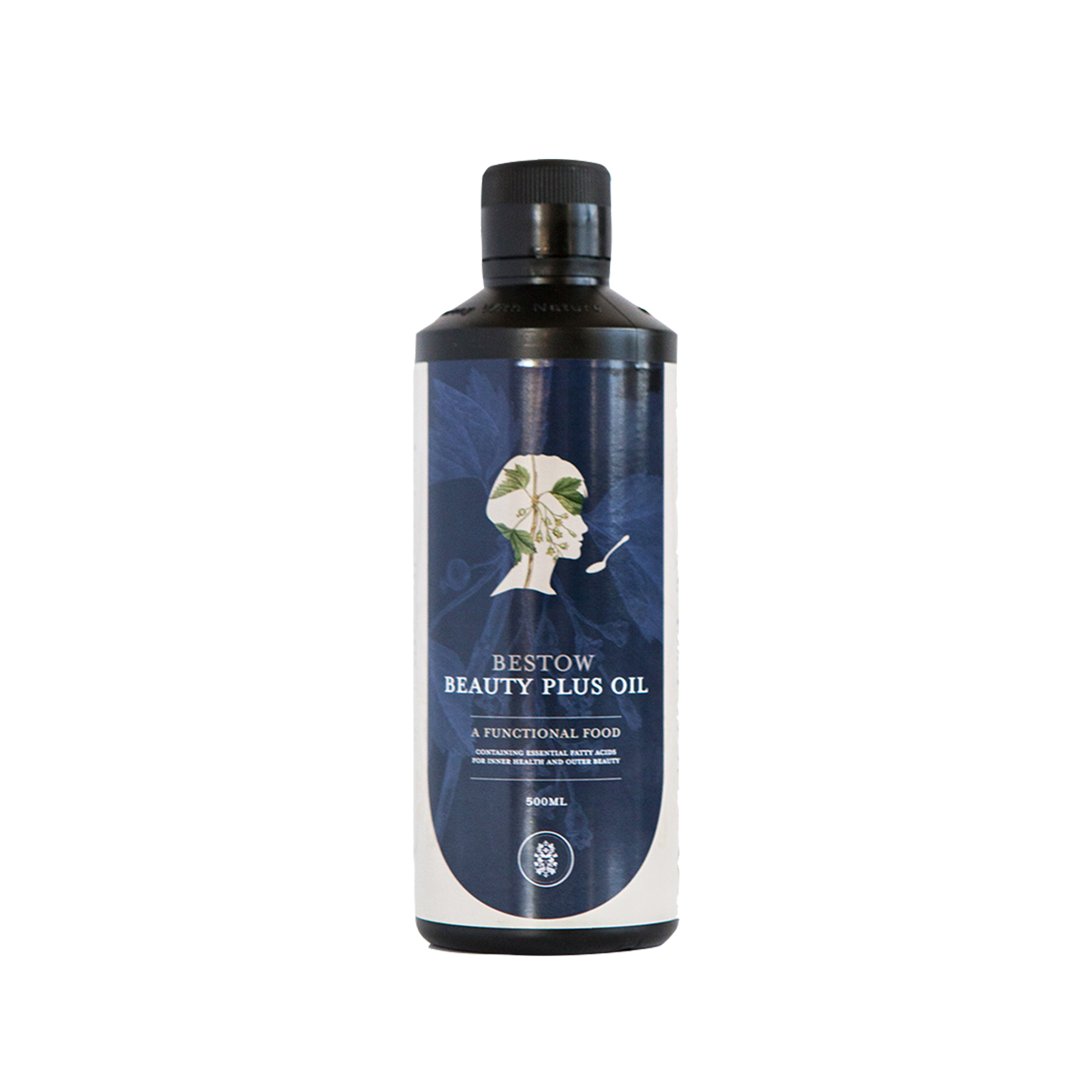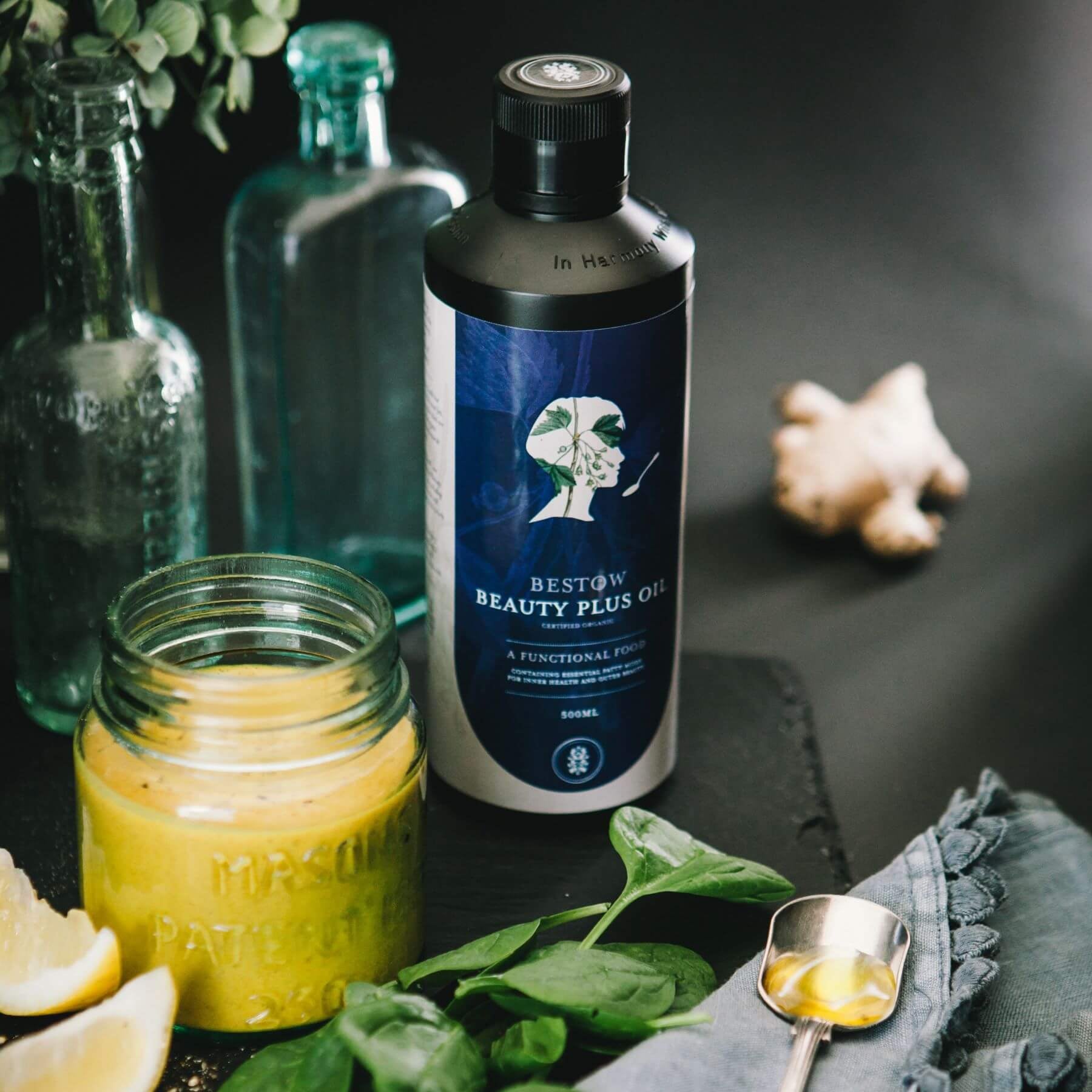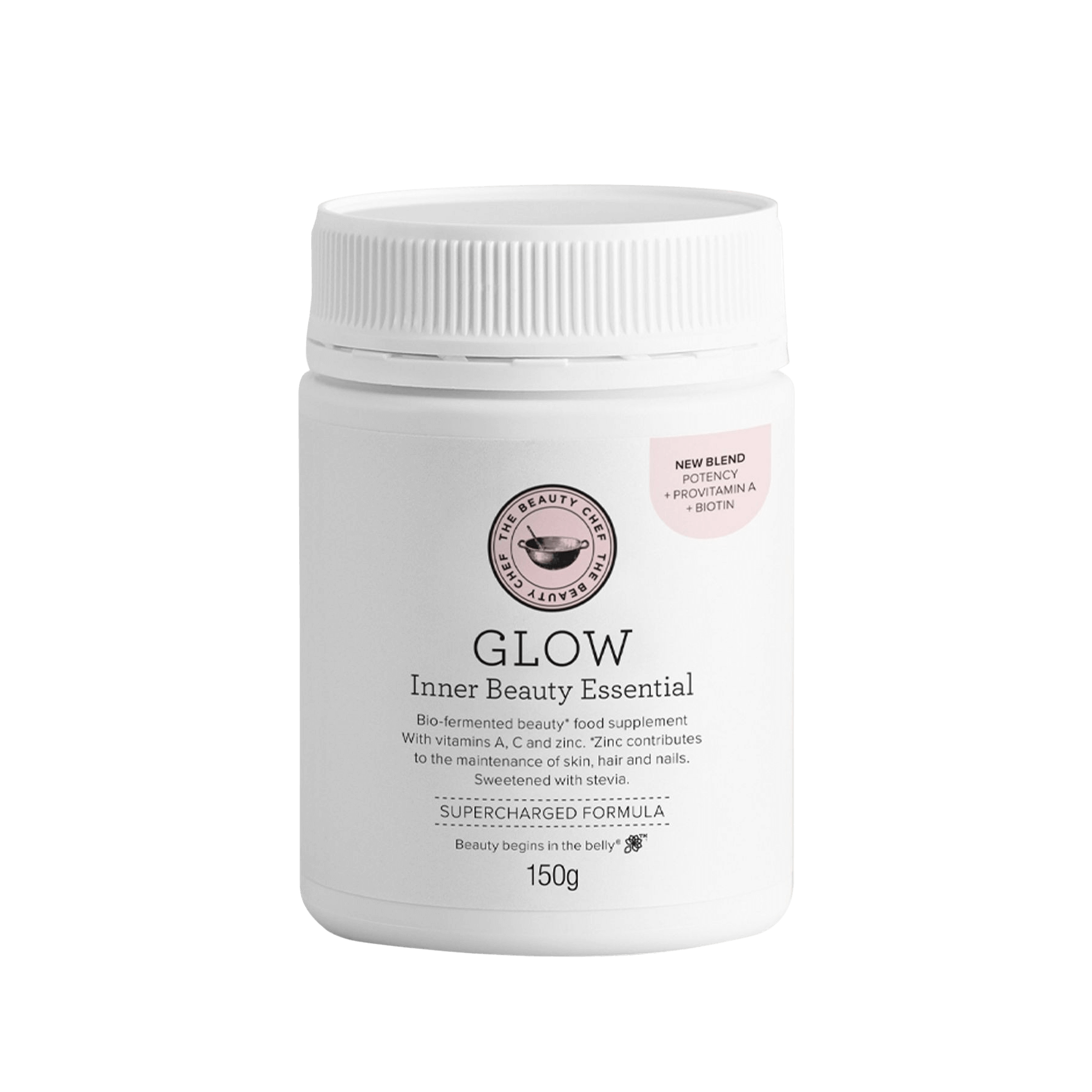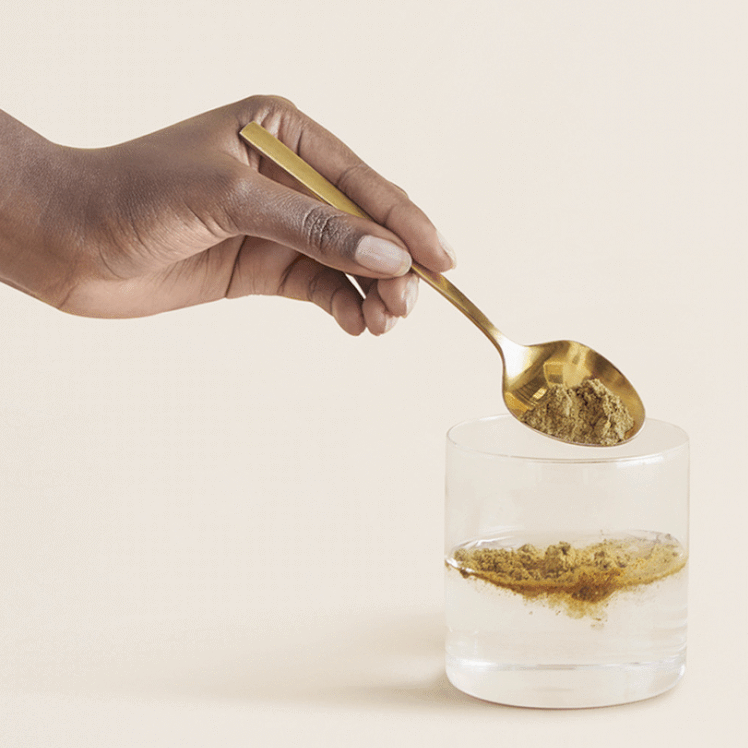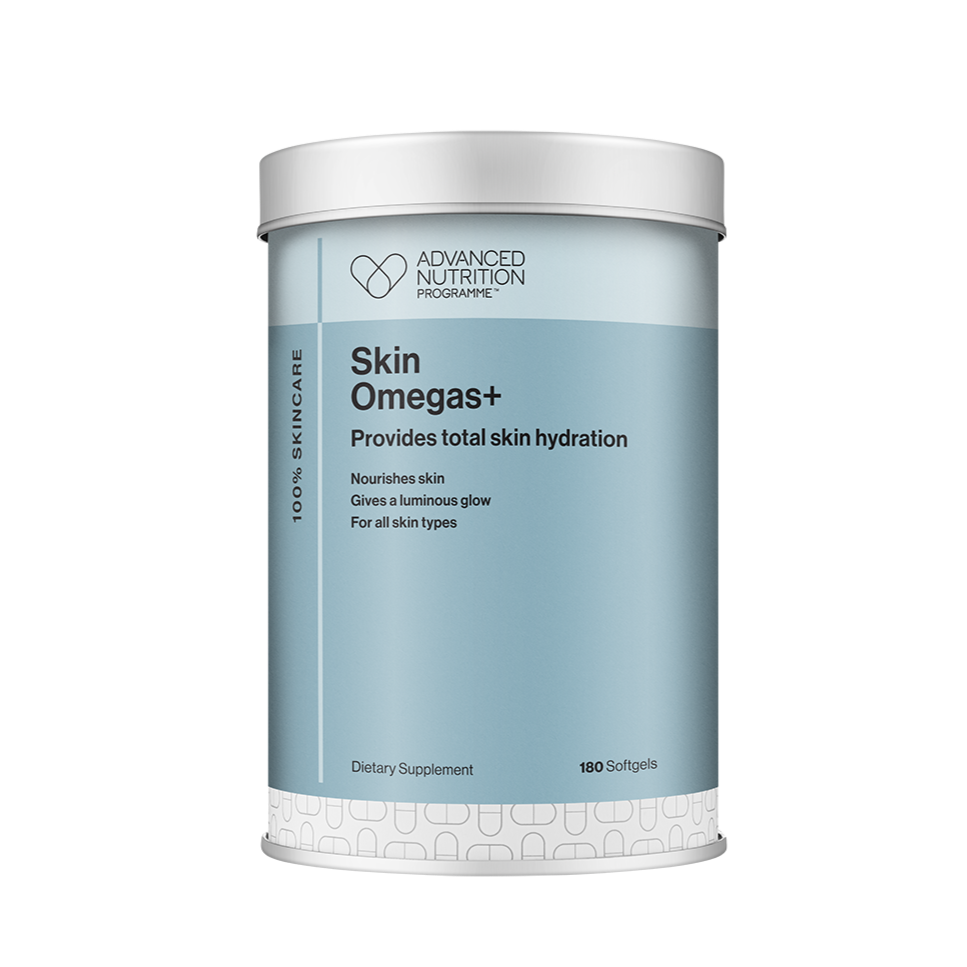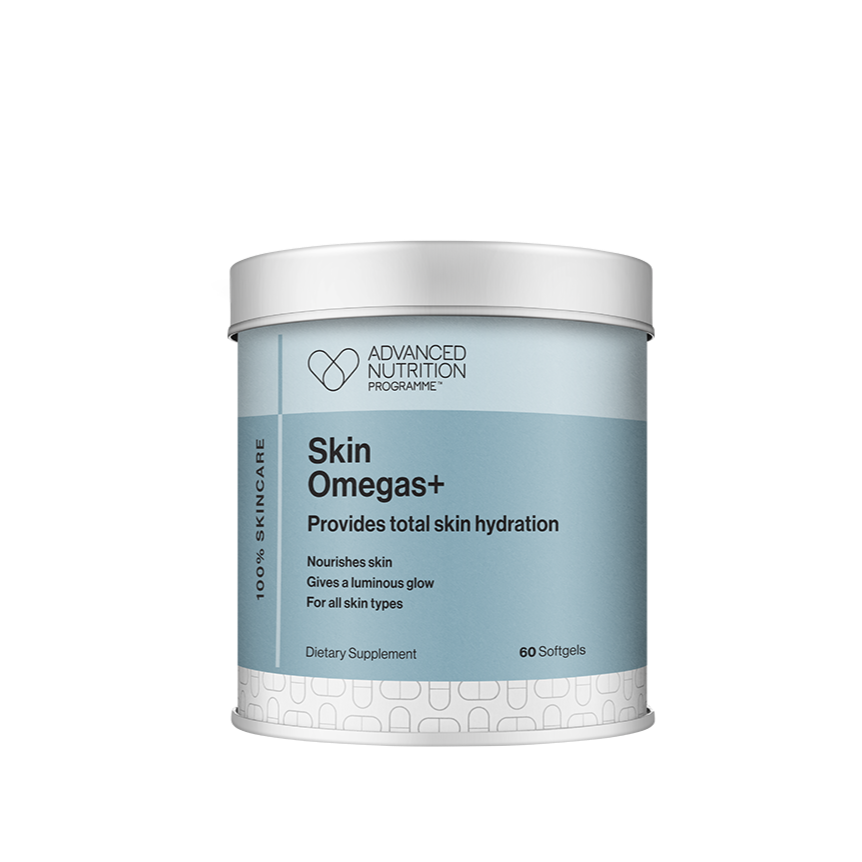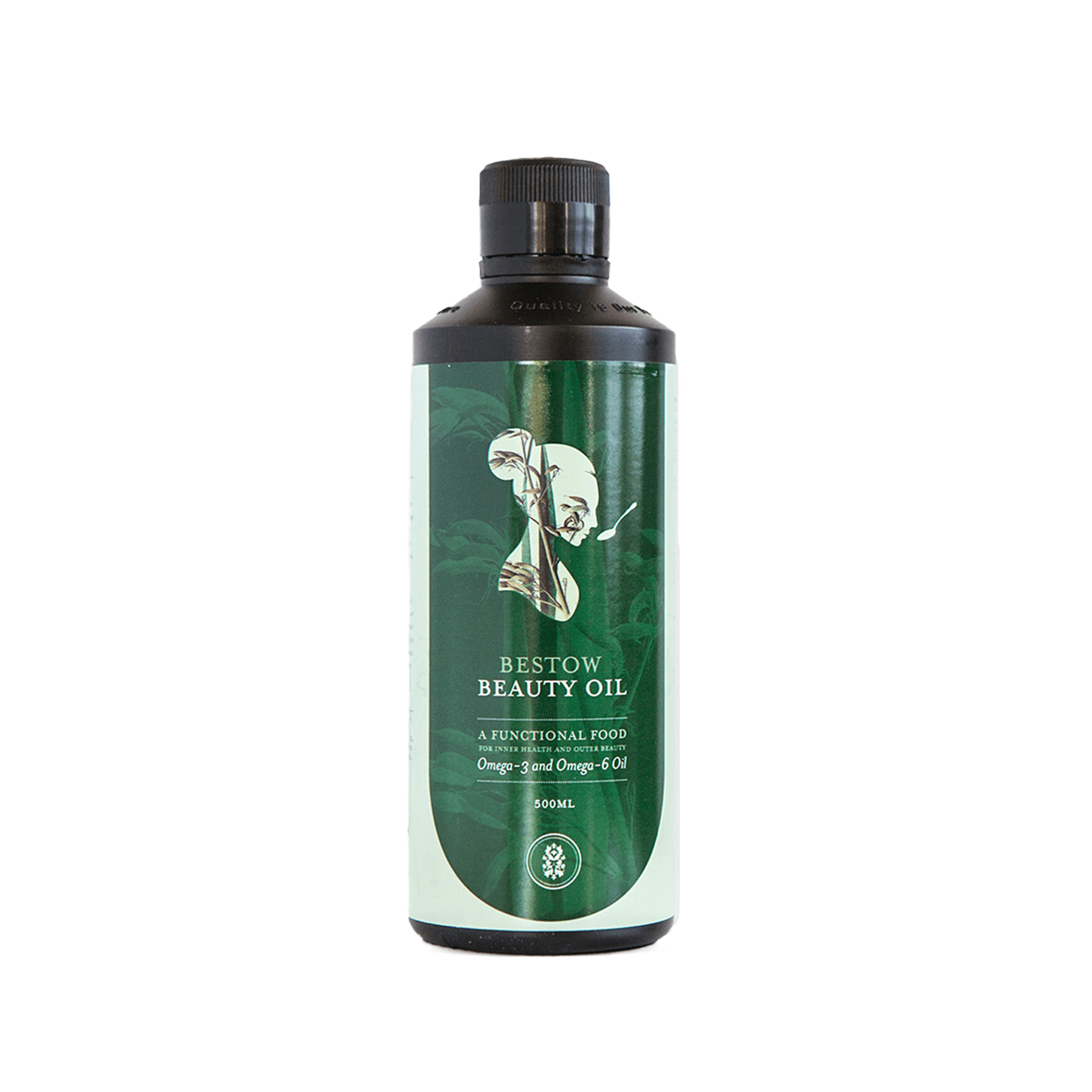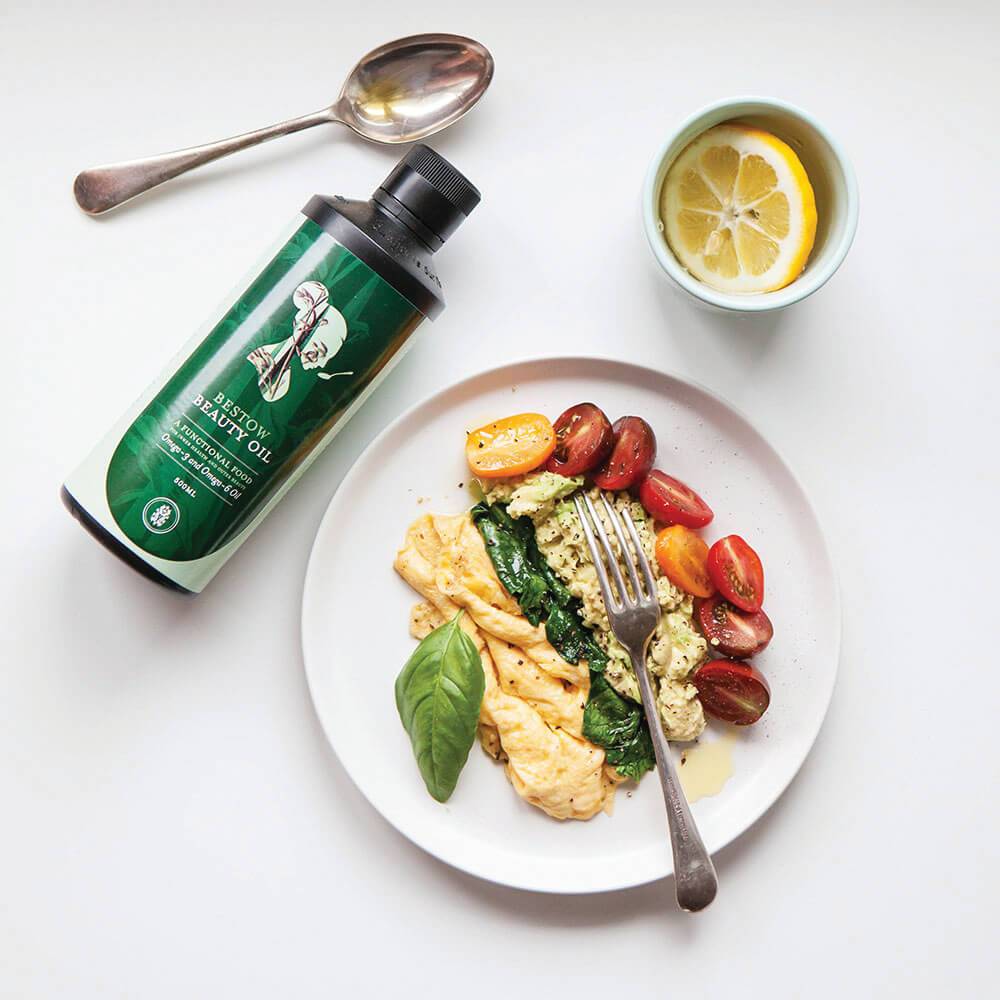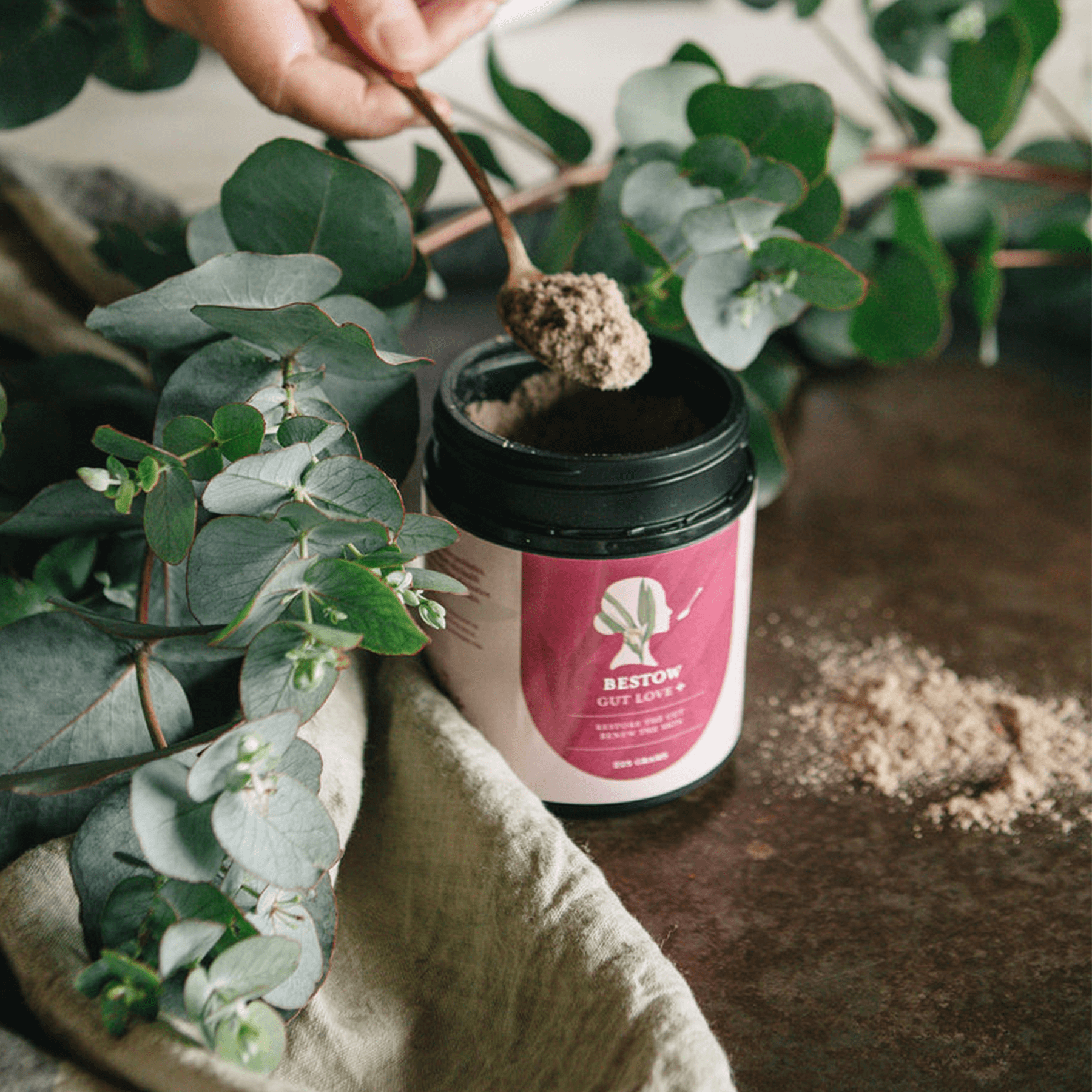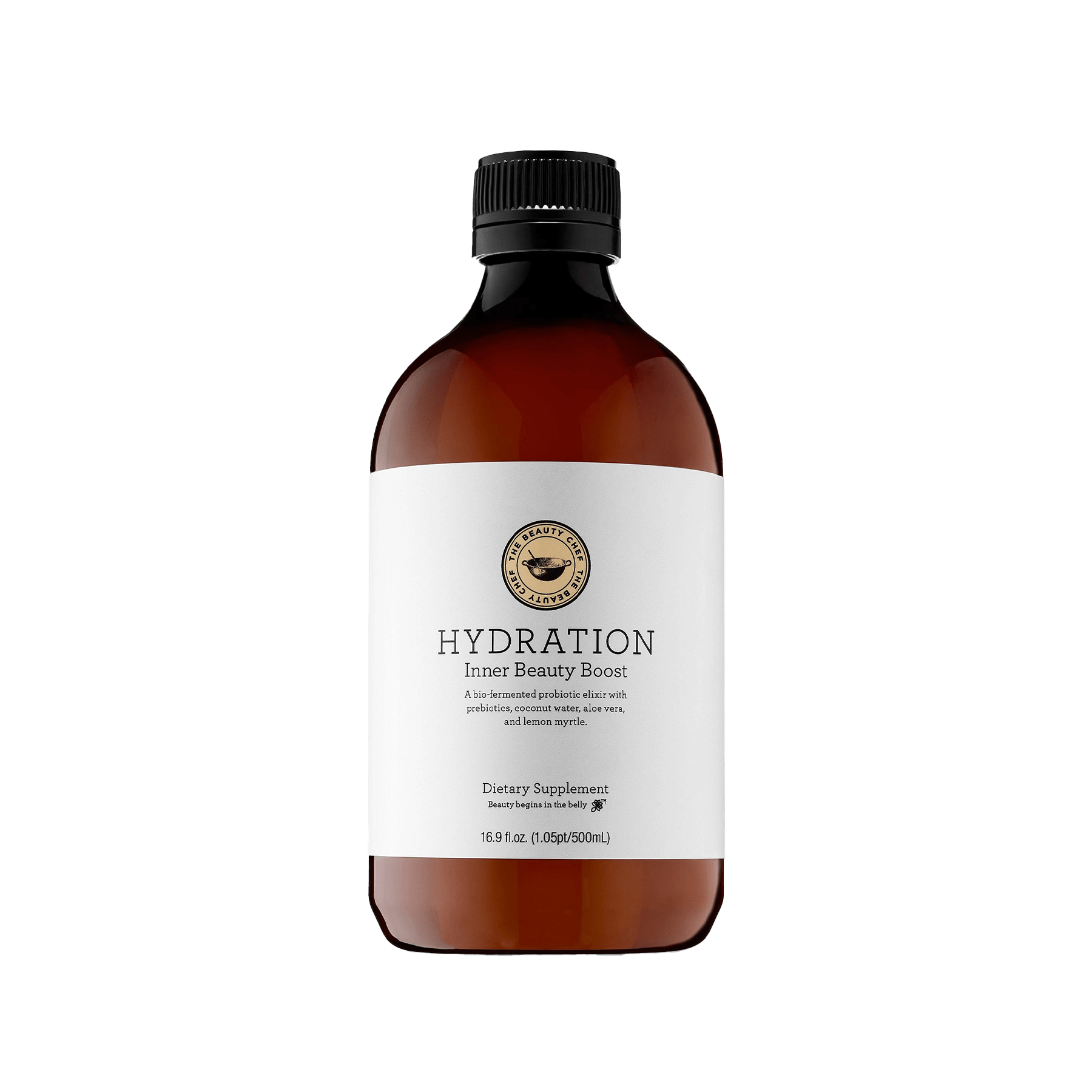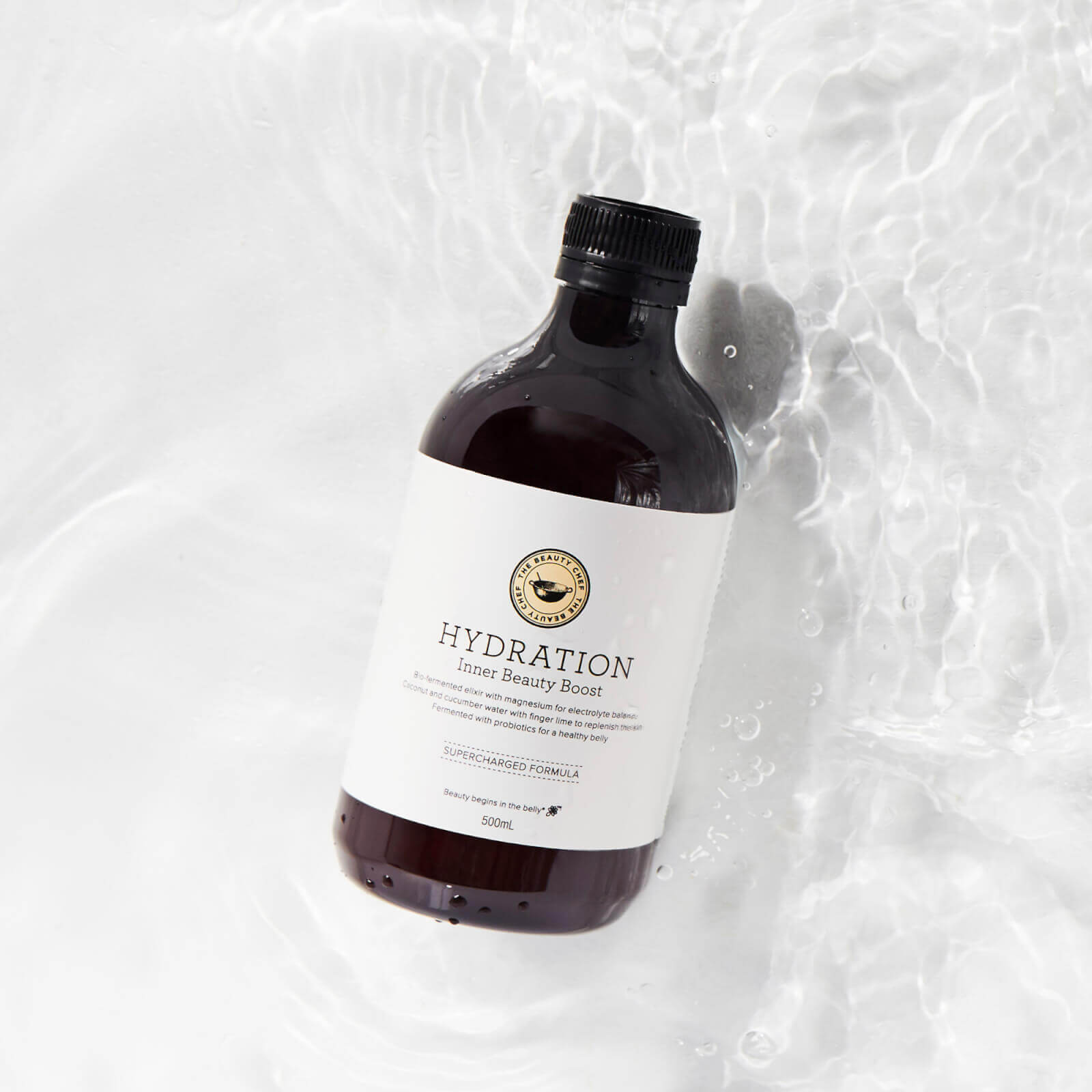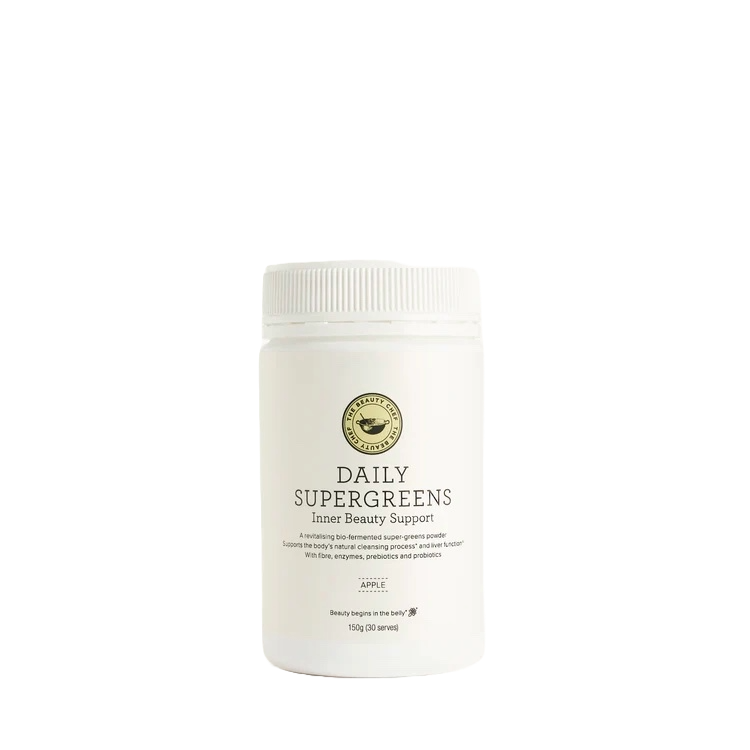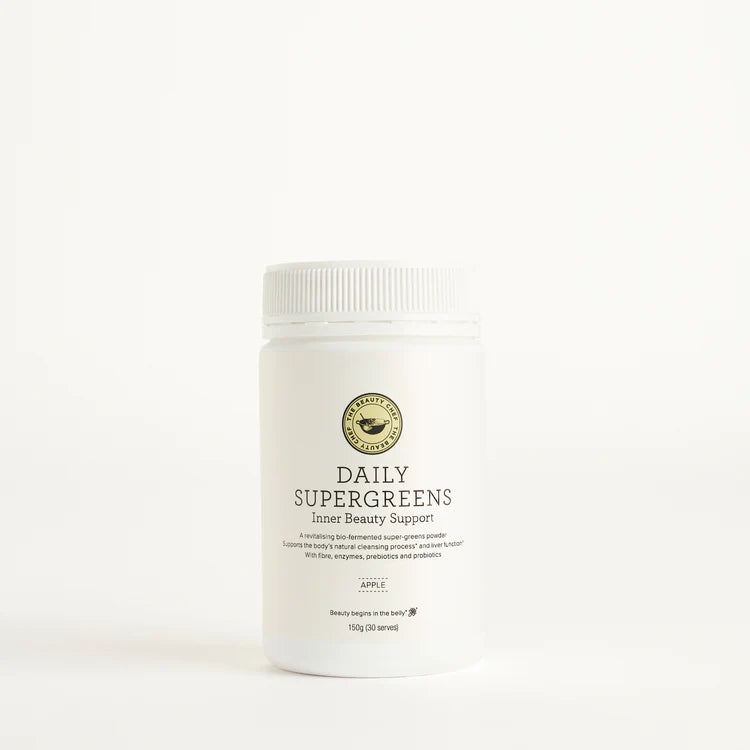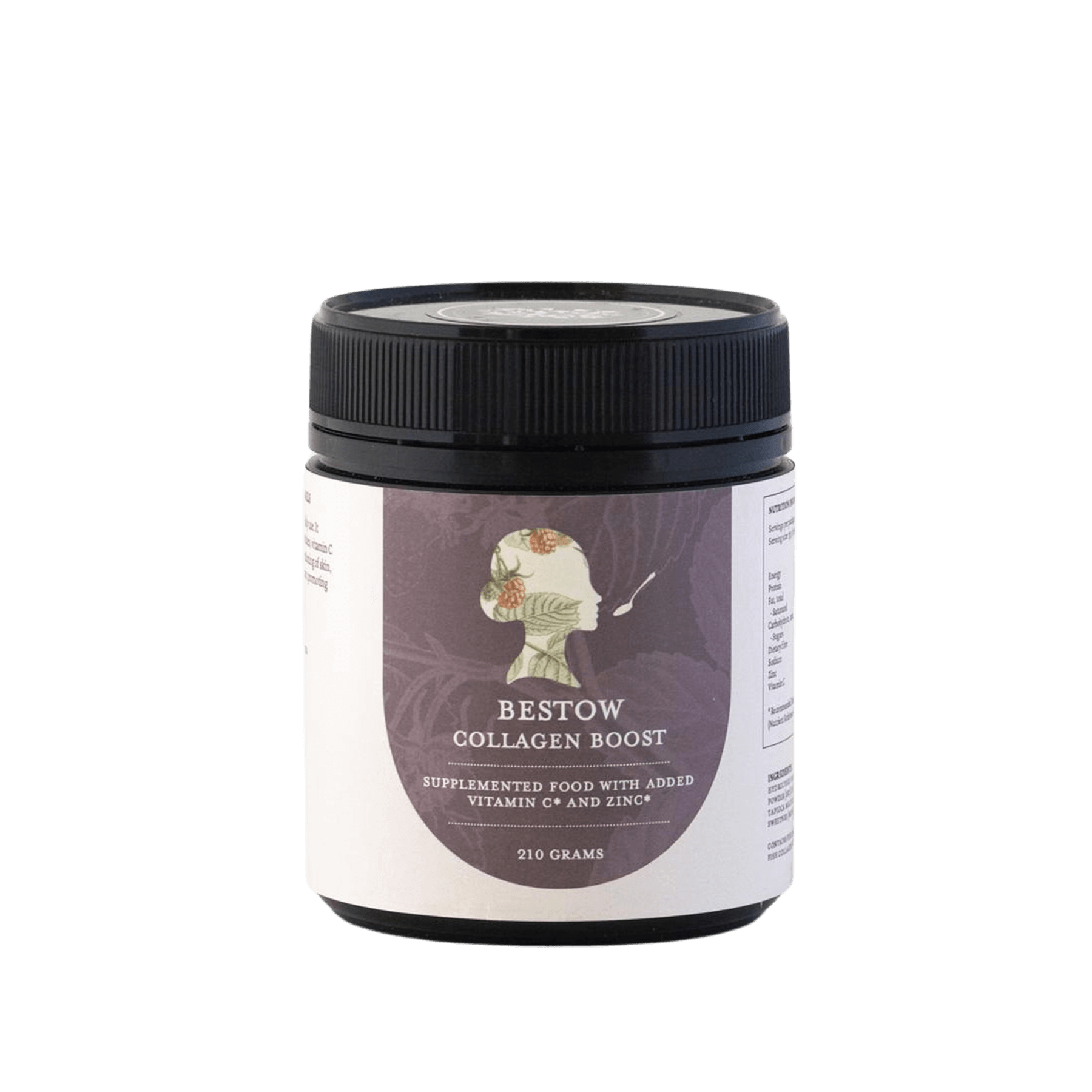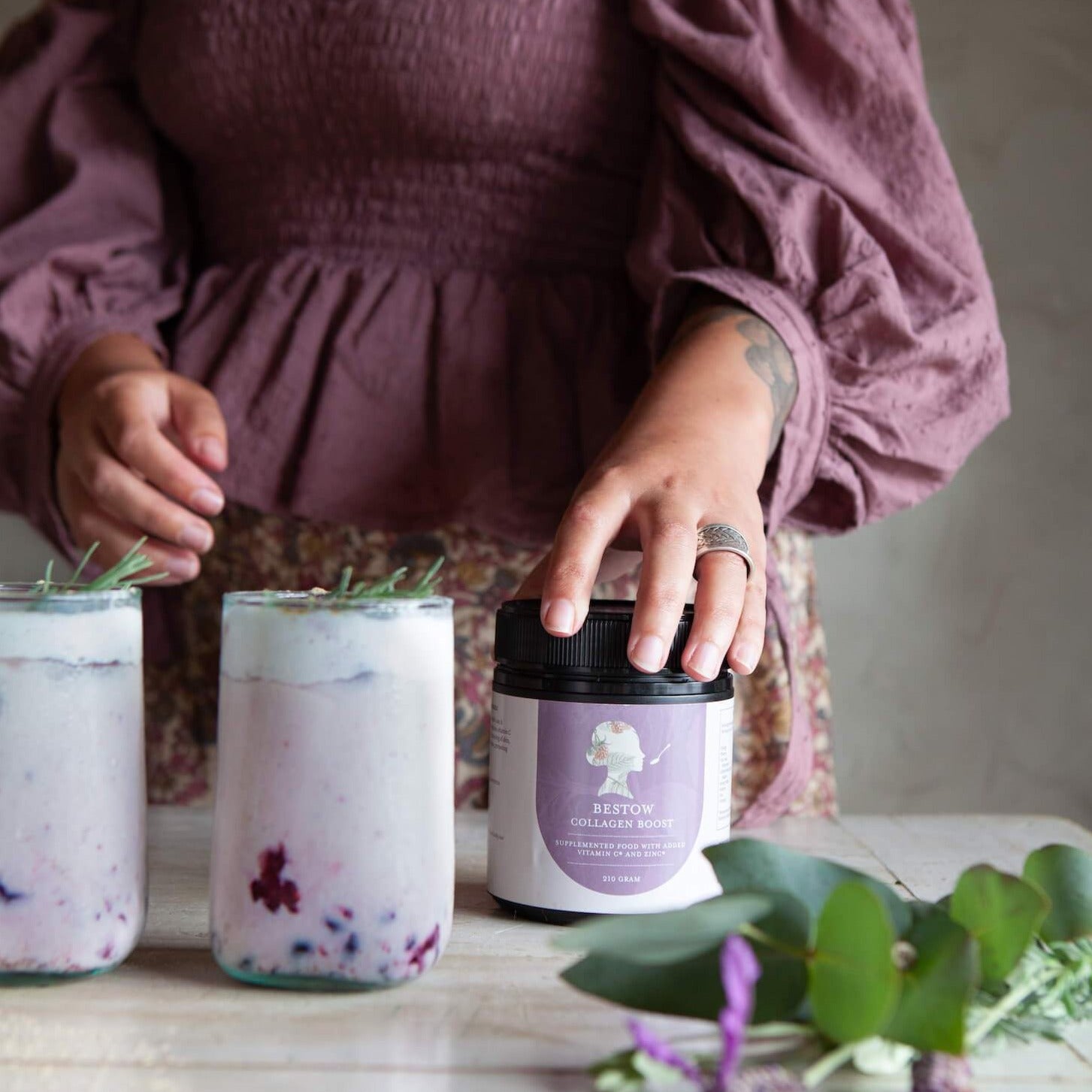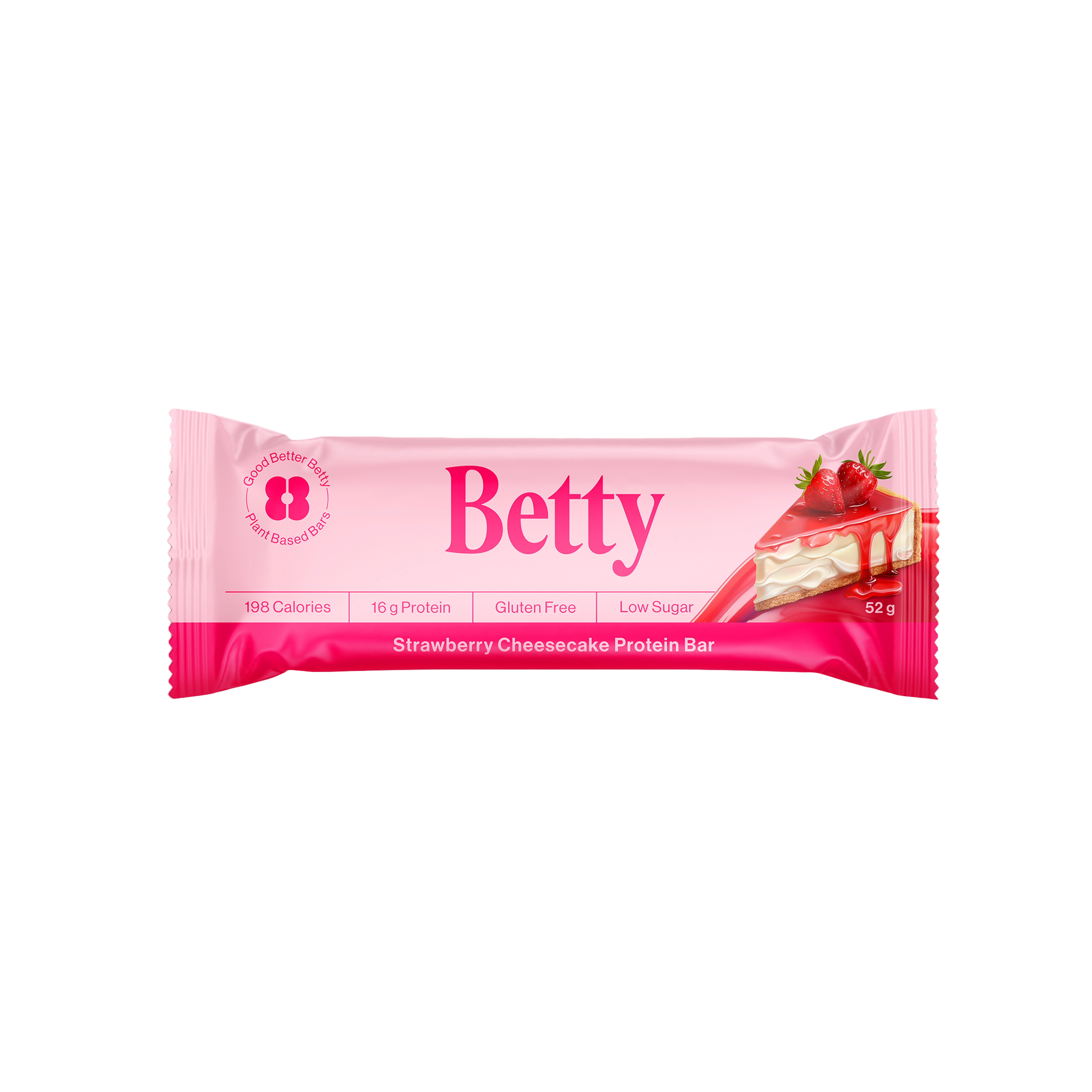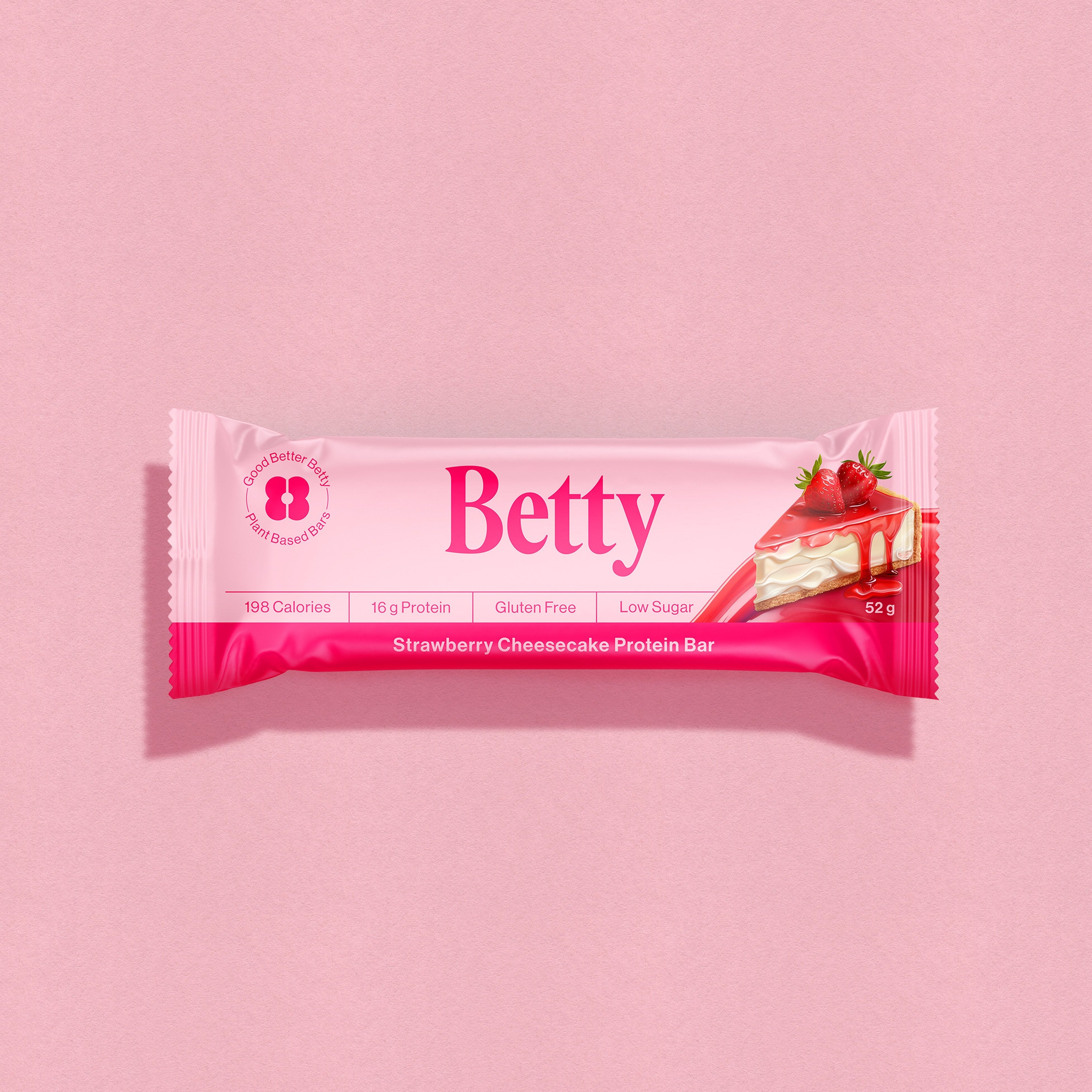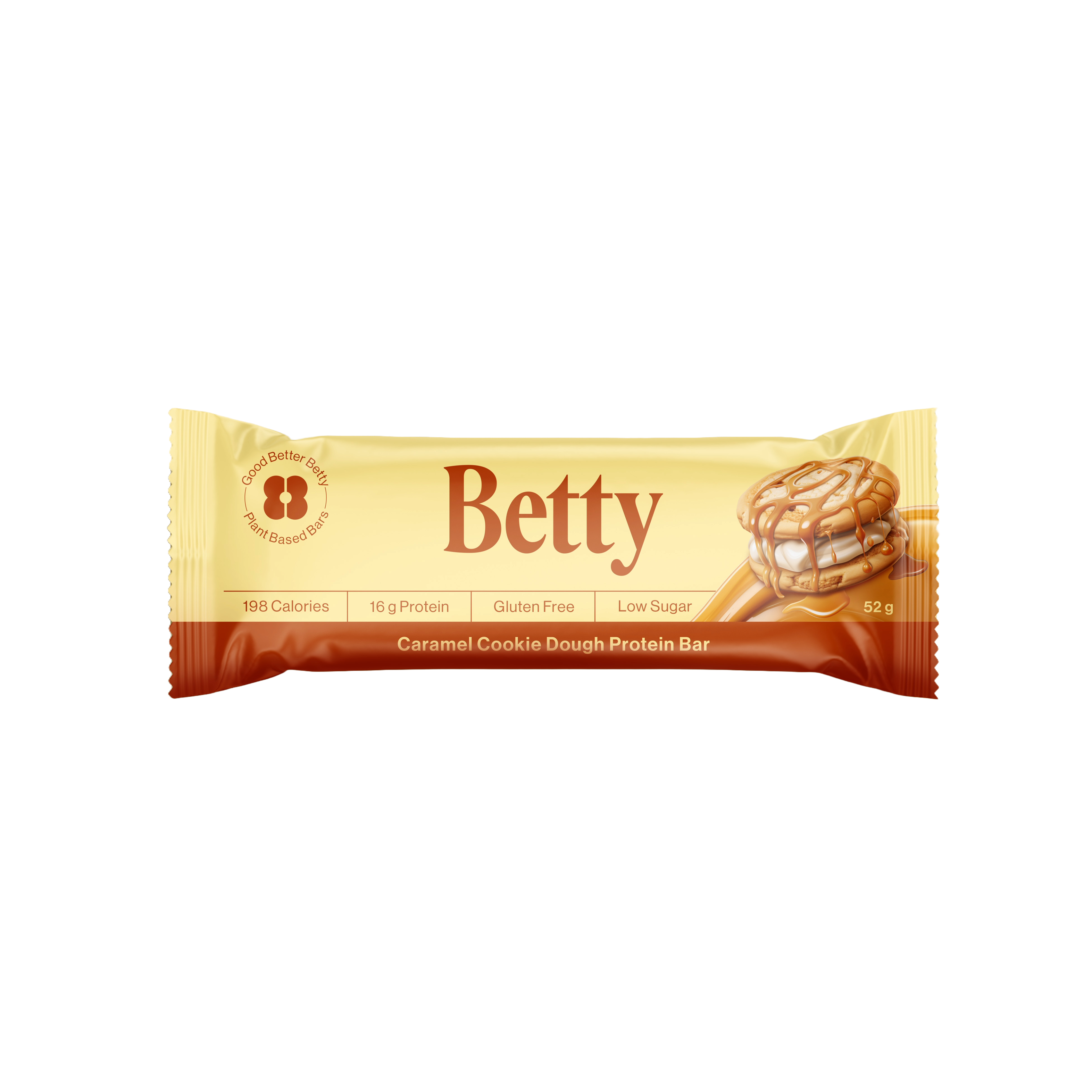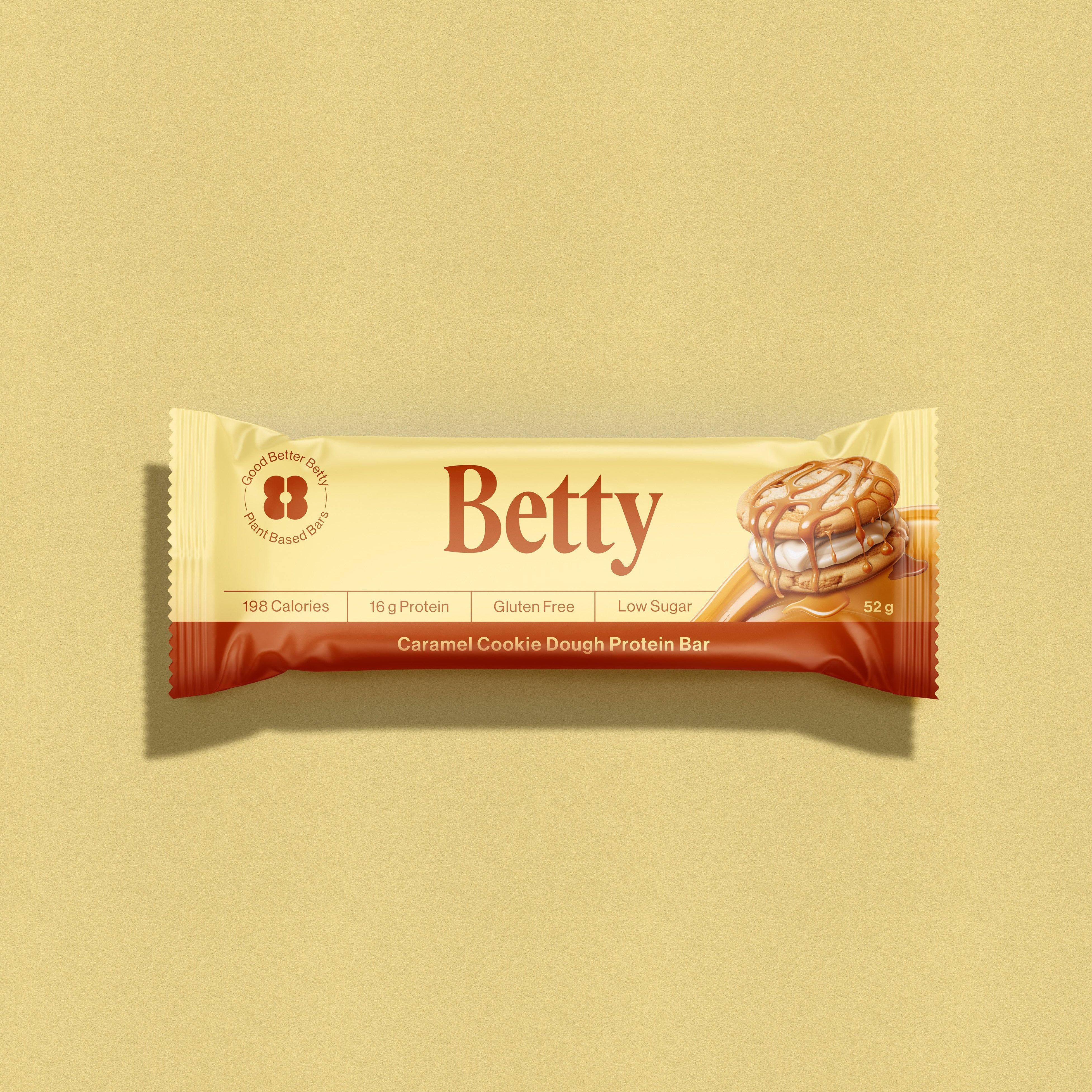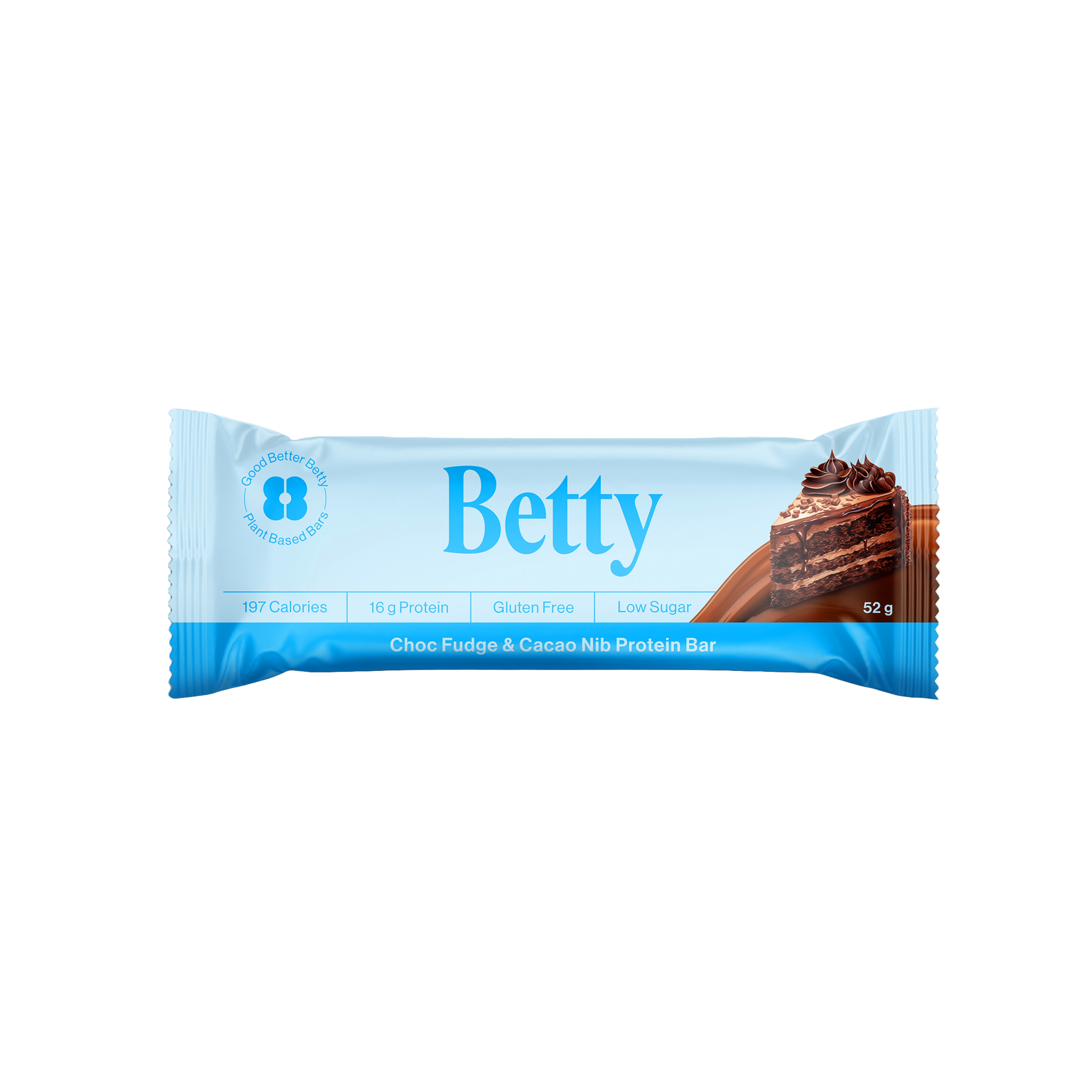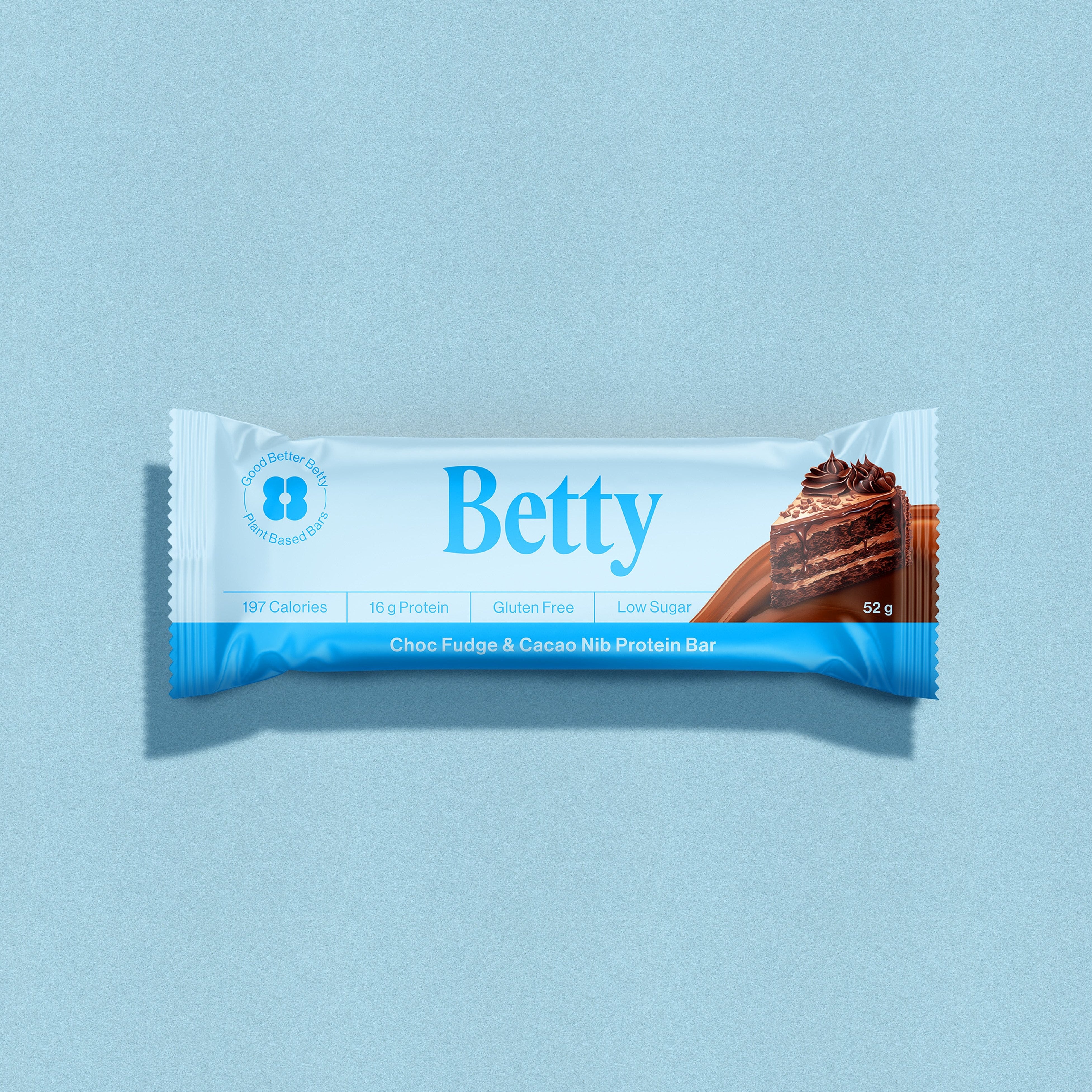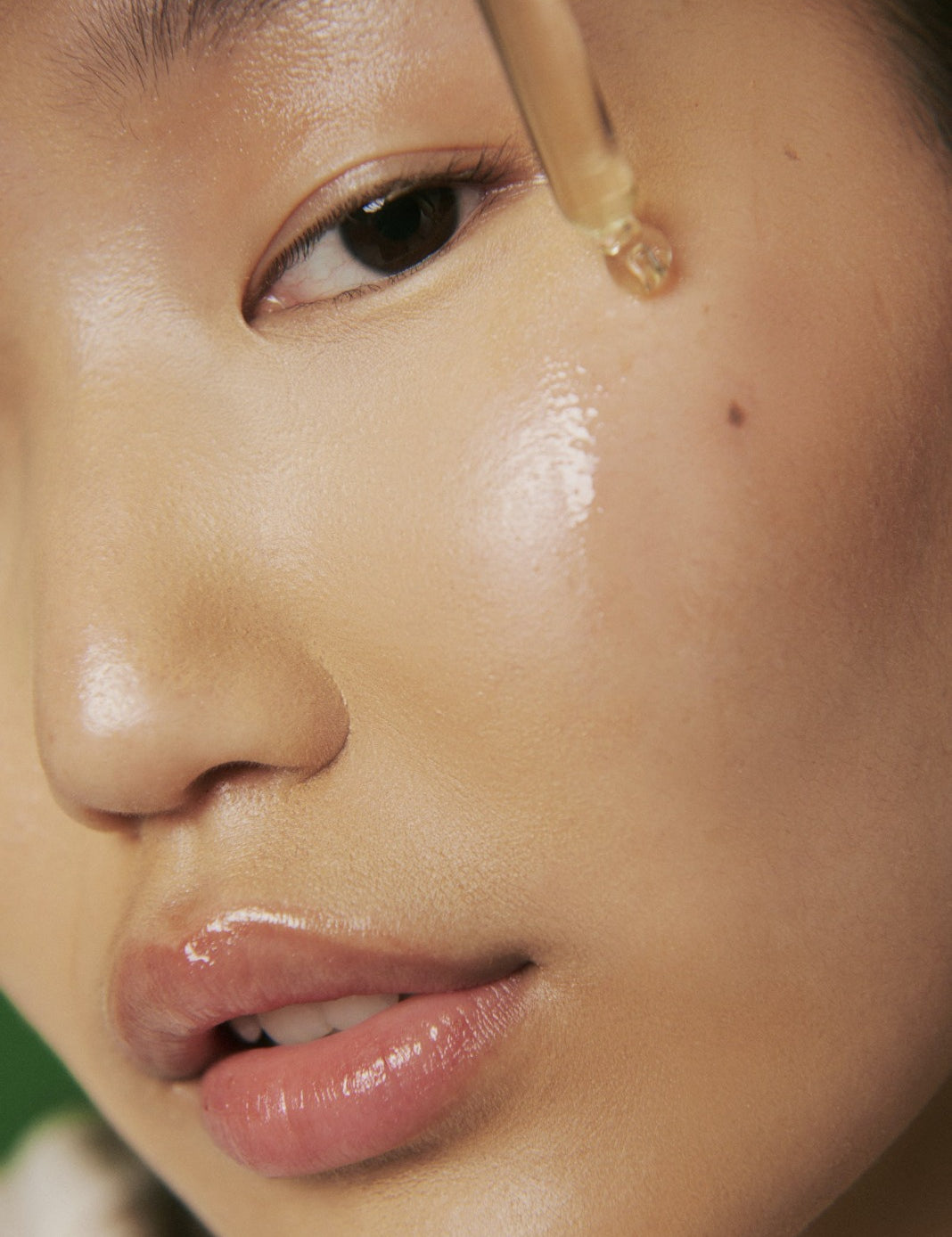Skin Health & Nutrition: Best foods to eat and avoid
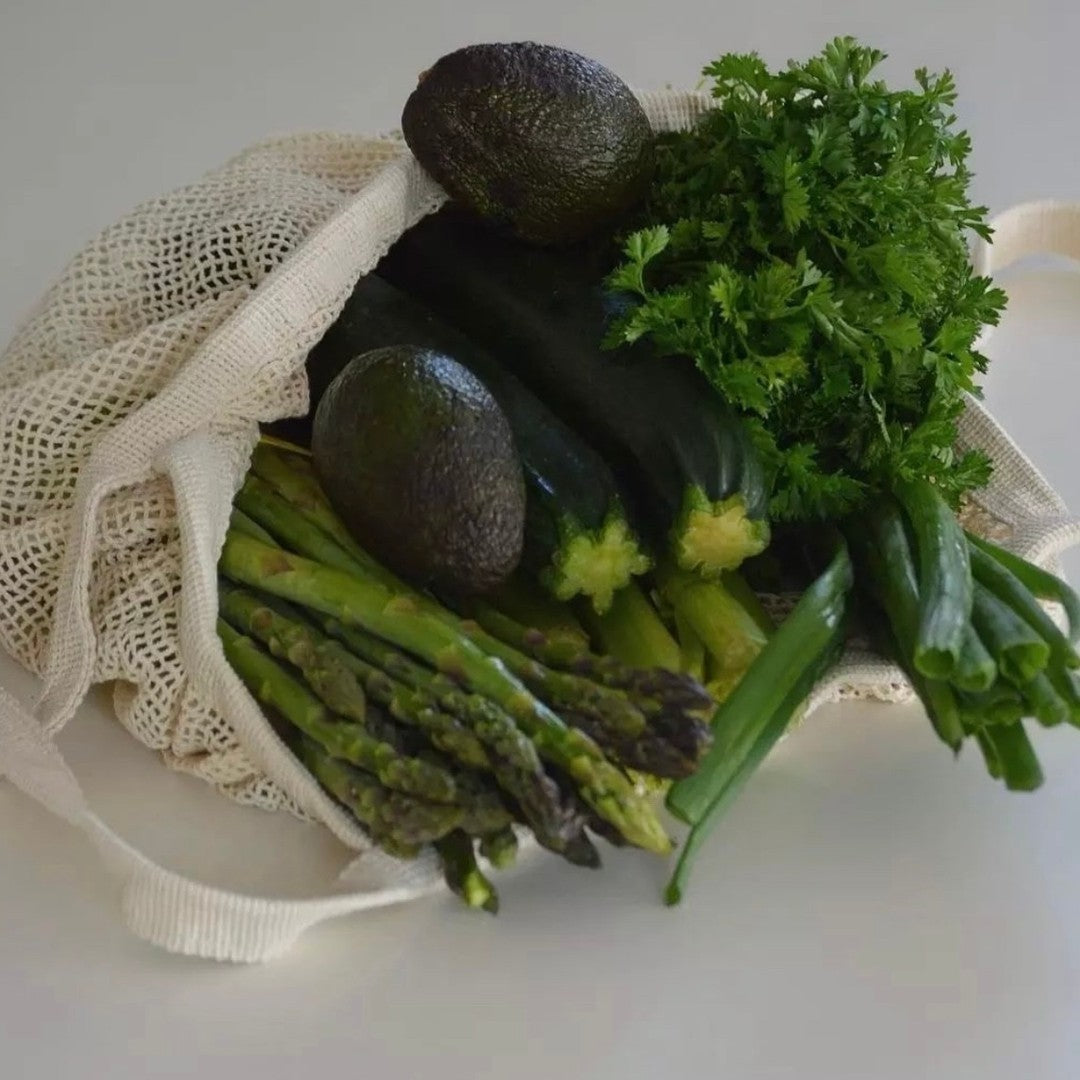
Skin Health and Nutrition: Foods to Eat and Foods to Avoid
The foods we eat have a direct impact on our overall health and well-being, including the health of our skin. It's age-old advice: a healthy and balanced diet is essential. A good diet has the power to improve the appearance of our skin, prevent premature aging, and even help treat skin conditions such as acne and eczema. Conversely, a less desirable diet could lead to inflammation, breakouts, and irritated, unhappy skin.
When addressing skin at The Facialist, we always adopt a holistic approach: the skin is a mirror reflecting what is happening inside the body. As such, our skin prescriptions often include supplements to support your skincare routine. But more on that later! While we work topically with the skin, you can also make dramatic changes internally.
Ashleigh Gives Us the Low-Down:
Important nutrients for skin health include vitamins A, C, and E—powerful antioxidants that protect against oxidative stress and inflammation. Vitamin A is particularly important for regulating skin cell turnover, and we recommend it for a variety of reasons, including the improvement of tone, texture, and congestion. Vitamin C helps boost collagen production and can improve skin brightness and texture. Vitamin E is a potent moisturizer that can soothe and protect the skin.
In addition to vitamins, minerals such as zinc and selenium are also crucial for skin health. Zinc helps regulate oil production in the skin and is important for wound healing. Selenium is a powerful antioxidant that can protect against UV damage and reduce inflammation.
And, of course, there's collagen, a protein that constitutes a large part of our skin's structure. Collagen production naturally declines as we age, leading to sagging skin and wrinkles. However, supplementing with collagen (we love The Beauty Chef Deep Collagen and Two Islands Marine Collagen) can improve skin elasticity and hydration, reduce the appearance of wrinkles, and even promote wound healing.
10 Best Foods to Eat for Skin Health:
- Fatty fish, such as salmon, mackerel, and sardines, are rich in omega-3 fatty acids that help hydrate the skin and reduce inflammation.
- Berries, like blueberries and raspberries, are rich in antioxidants that protect against free radicals and promote collagen production.
- Avocado is rich in healthy fats and vitamin E, making it an excellent moisturizer for the skin.
- Sweet potatoes are rich in beta-carotene, an antioxidant that can protect against UV damage and improve skin texture.
- Nuts and seeds, such as almonds, walnuts, and flaxseeds, are rich in vitamin E and omega-3 fatty acids that help hydrate and protect the skin.
- Green leafy vegetables, like spinach and kale, are rich in vitamins A and C—antioxidants that promote collagen production and protect against UV damage.
- Tomatoes are rich in lycopene, an antioxidant that can protect against sun damage and reduce inflammation.
- Citrus fruits, like oranges and grapefruits, are rich in vitamin C and help brighten and even out skin tone.
- Green tea is rich in antioxidants that can reduce inflammation and protect against UV damage.
- Dark chocolate is rich in flavonoids that can protect against sun damage and improve skin hydration and texture.
10 Foods to Avoid:
- Processed and refined carbohydrates, such as white bread and sugary snacks, can cause inflammation and lead to breakouts.
- Fried foods and foods high in saturated fats can lead to inflammation and contribute to skin aging.
- Dairy products can trigger acne breakouts in some people.
- Alcohol can dehydrate the skin and contribute to inflammation.
- Caffeine can dehydrate the skin and contribute to dark circles and puffiness.
- Spicy foods can cause inflammation and exacerbate conditions like rosacea.
- High-sugar drinks, like soda and sweetened beverages, can cause inflammation and contribute to skin aging.
- Processed meats can contain preservatives and additives that cause inflammation and contribute to skin aging.
- Excessive salt intake can lead to water retention and puffiness.
- Artificial sweeteners can cause inflammation and contribute to skin aging.
Eating a diet rich in fruits, vegetables, whole grains, and lean protein can provide the vitamins and nutrients our skin needs to stay healthy and vibrant. Staying hydrated by drinking plenty of water is also crucial for skin hydration and overall health.
Stay tuned for our next article on Ingestible Beauty, where Ashleigh will tell us which products will help with each skin concern.
